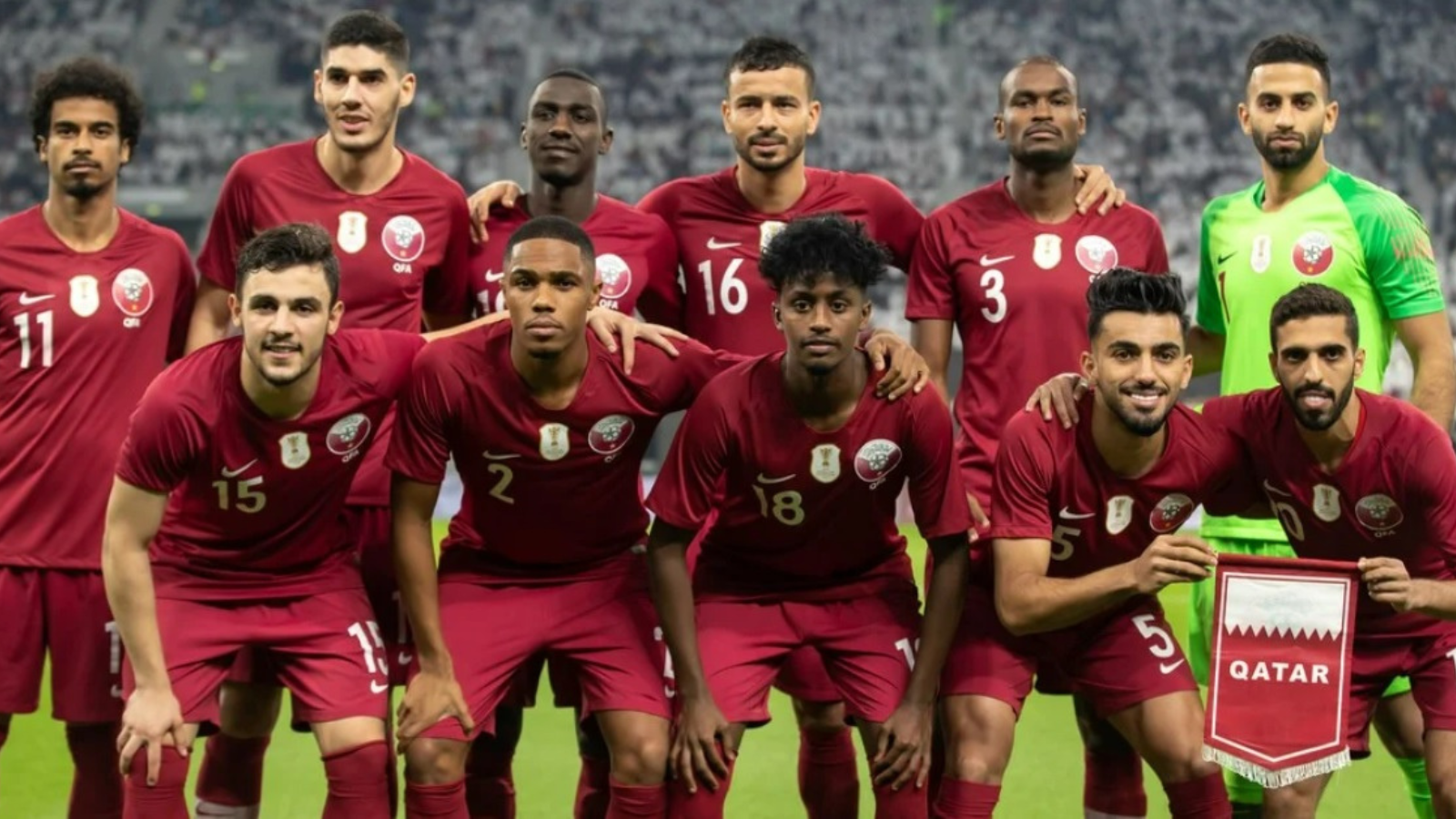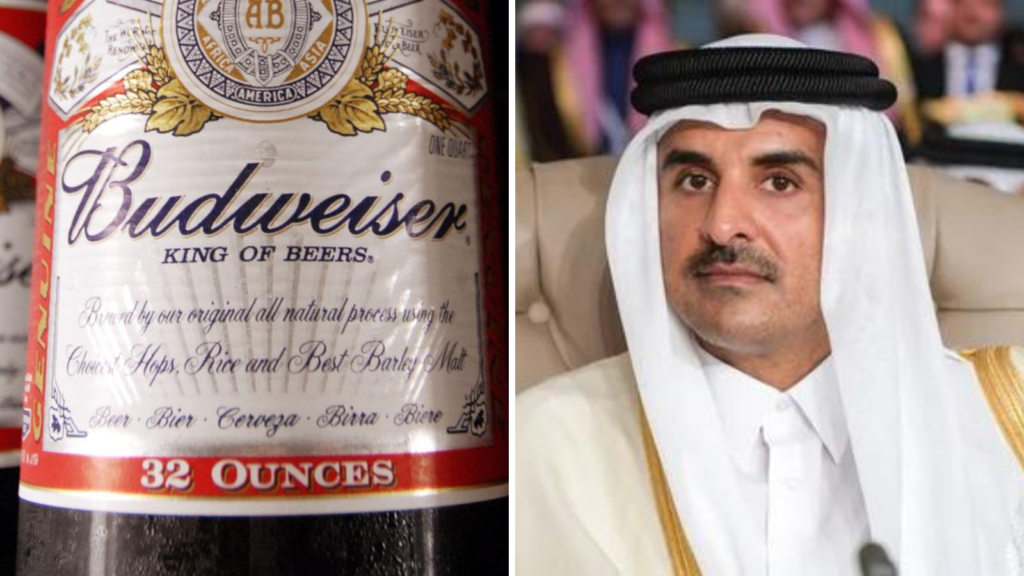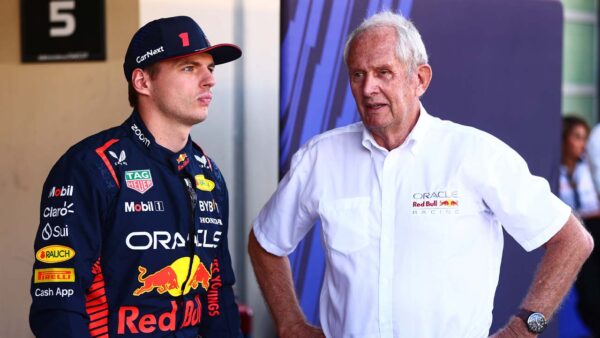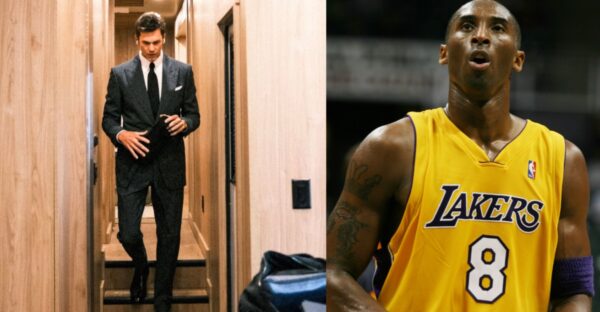FIFA faces major trouble just a day before beginning of 2022 Qatar World Cup

Qatar
On the day of their World Cup opener against Ecuador, Qatar‘s World Cup preparation results have come under scrutiny after FIFA received an integrity notice. According to sources, one of FIFA’s integrity partners recently alerted the world governing body to “an extraordinarily high number of penalties” given to Qatar in their pre-World Cup friendly, many of which were played behind closed doors and weren’t broadcast or streamed.
Although it notes that this assertion cannot be proven, it is believed that the integrity alert forewarned FIFA of suggestions that a high number of spot-kicks were given out to guarantee that Qatar earned favorable outcomes in the tournament build-up.
The red flag also points out that, in recent months, Qatar has played an unusually high number of friendlies compared to other competing nations, with the hosts having played seven games as opposed to England’s two. Over the summer, Qatar played five of those games in secret, with few sponsors or dignitaries allowed on their training grounds and little information released to the general public. Prior to losing 3-0 against Croatia Under 23s, Qatar had won their first four games without dropping a game.
Also Read: Gareth Bale believes – “Where there is a will, there is a way,” as he skimps past the golf ban rule
The FIFA World Cup stadiums in Qatar have beer sales restrictions

The Qatar World Cup administrators changed their minds about permitting beer sales inside stadium boundaries, upending previous agreements between FIFA, the host nation, and Budweiser, and disappointing thirsty soccer fans. The sudden decision was made just two days before the first game, ending more than a decade of speculating about how alcohol sales would be managed in a strict Muslim nation during the tournament.
Before and after games, FIFA intended to sell Budweiser from tents positioned around the stadiums. Hotels or a FIFA Fan Festival, which is distinct from the stadium complexes strewn throughout Doha, will now be the main options.
The sudden change underscores the obvious conflict between holding an international sporting event that is so closely linked to alcohol in a conservative Muslim nation. Every four years, Budweiser invests $75 million to sponsor the World Cup as the exclusive beer served in authorized locations. One of the major markets for those beers has now mysteriously vanished.
According to the sources organizers determined that this World Cup needed to treat alcohol differently because more spectators would be coming from the Middle East and South Asia, where alcohol isn’t traditionally acceptable.
Do follow us onGoogle News |Facebook |Instagram |Twitter







